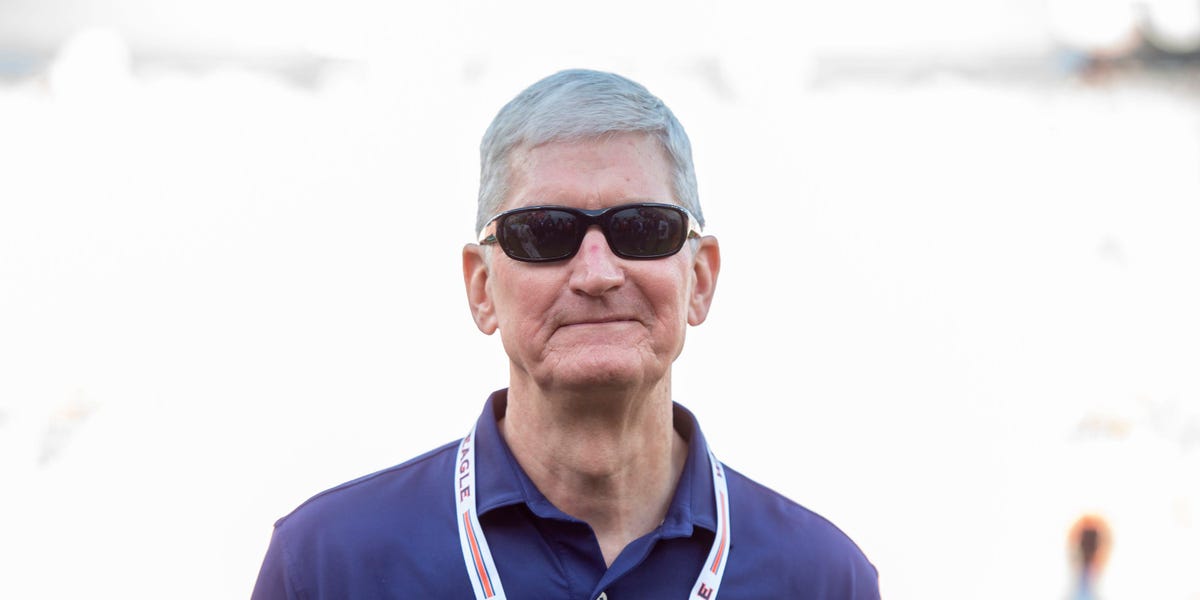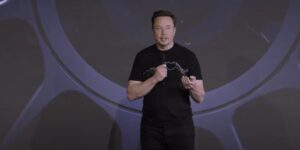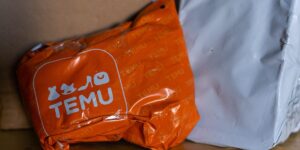- Apple employees called the design of their first electric vehicle the “Bread Loaf,” per Bloomberg.
- The minivan was tested in 2020 by executives as part of Apple’s secret “Project Titan.”
- CEO Tim Cook appeared impressed, but the “Bread Loaf” wasn’t always viewed in a positive light, per Bloomberg.
Apple employees working on the tech giant’s first electric car built a prototype in 2020 that they called the “Bread Loaf,” a name that was at times used disparagingly.
The moniker was reported in a Bloomberg feature about the secretive “Project Titan” to build Apple’s failed car, which top executives officially shelved on February 27 after nearly a decade of work.
The four-seater prototype resembled a minivan featuring, as Bloomberg writes, “rounded sides, an all-glass roof, sliding doors, and whitewall tires.”
The car team used the “Bread Loaf” name “not always affectionally,” according to Bloomberg reporters Mark Gurman and Drake Bennett.
Its design would later change as the project’s lead moved to another company, but the “Bread Loaf” was an iteration that made it to the test tracks in 2020, per Bloomberg.
Apple CEO Tim Cook took part in that demo, according to the outlet, in what seems like a classic case of how trying to impress your boss can backfire.
According to Bloomberg, the Apple team spent nine months preparing a proof of concept demonstration that was highly scripted and fine-tuned for Cook’s safety.
Project leaders wanted to advise Cook to aim for conditionally automated driving, which is built to let the driver take over at a moment’s notice in some situations.
But Cook and other Apple honchos liked the demo so much that they wanted the full suite of self-driving sophistication, when the computer can drive in all circumstances, Bloomberg reported.
Apple’s killing of the car project comes as the electric vehicle market slows from its initial burst of hype and sales. Demand for expensive, premium EVs is tapering off in the US, and automakers such as Ford and Tesla have in the last year announced delays to their investments in new EV infrastructure.
Apple did not immediately respond to a request for comment sent outside regular business hours by Business Insider.





